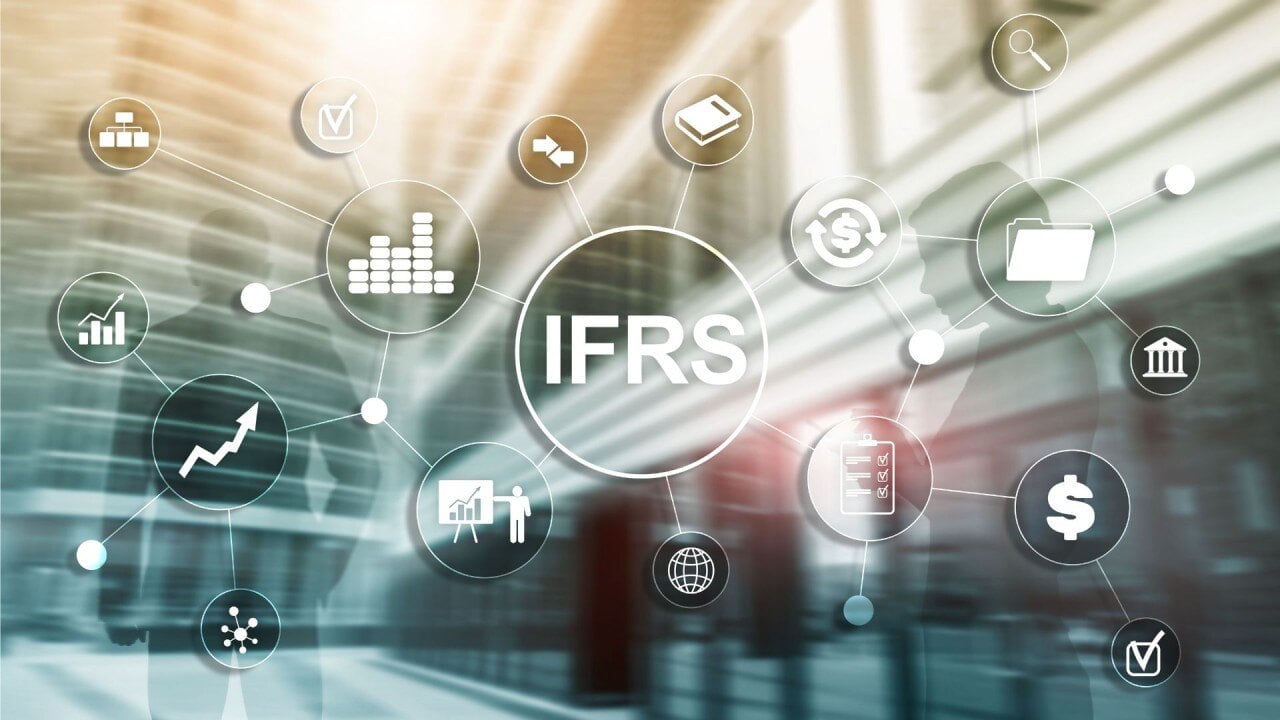In our previous post, we explored the emerging role of the operational CFO and how it's reshaping the landscape of corporate leadership. In today’s article, we will explore specific examples of how an operational CFO can get involved in non-financial aspects of a business, and what it takes to become an operational CFO.
Recent TRG blog posts
Examples of a Successful Operational CFO and How to Become One
Posted by Rick Yvanovich on Tue, Oct 8, 2024
Blog Topics: CFOs, Financial consolidation, planning and reporting
Operational CFO vs COO: Bridging Finance and Operations
Posted by Rick Yvanovich on Wed, Sep 4, 2024
Gone are the days when Chief Financial Officers (CFO) were confined to the realms of balance sheets and financial reports. Today's operational CFOs are rolling up their sleeves and diving deep into the nuts and bolts of business operations.
Blog Topics: CFOs, Financial consolidation, planning and reporting
A Comprehensive Comparison of Financial Consolidation Tools
Posted by Rick Yvanovich on Mon, Aug 12, 2024
With the increasing complexity of business operations, manual consolidation is becoming less feasible and more error-prone. This is where technology comes in. Here, we compare various financial consolidation tools and offer guidance on choosing the right solution for your organisation.
Blog Topics: CFOs, Financial consolidation, planning and reporting, Financial Accounting Management Software
IFRS 17’s Impacts on Insurers: A Comprehensive Analysis
Posted by Rick Yvanovich on Tue, Aug 6, 2024
The implementation of IFRS 17 has ushered in a new era for the insurance industry. This comprehensive analysis explores the impacts of IFRS 17 on insurers, focusing on general industry views, product pricing and design, key performance indicators (KPIs), and revenue recognition.
Blog Topics: CFOs, Financial Accounting Management Software
Why Infor EPM & SunSystems Are Such a Dynamic Duo for Finance Leaders
Posted by Rick Yvanovich on Sun, Jun 30, 2024
Senior finance executives require a winning combination of agility and control. They need systems that not only capture financial data accurately but also empower strategic decision-making. This is where Infor EPM and Infor SunSystems come together as a dynamic duo, offering a powerful one-two punch for your finance function.
Blog Topics: CFOs, Enterprise Performance Management (EPM), Financial Accounting Management Software
8 Steps in Selecting the Right Planning & Budgeting Software
Posted by Rick Yvanovich on Sat, Jun 29, 2024
Accurate financial planning and budgeting are no longer optional – they're essential for survival. But with a plethora of planning and budgeting software options available, choosing the right one can feel overwhelming. Fear not, here is a step-by-step guide to navigate the selection process and find the perfect planning and budgeting software for your business!
Blog Topics: CFOs, Enterprise Performance Management (EPM), Financial Accounting Management Software
Financial Planning vs Budgeting vs Forecasting: A Quick Comparison
Posted by Rick Yvanovich on Fri, Mar 1, 2024
Planning, Budgeting, and Forecasting (PB&F) is one of the three management processes that constitute Enterprise Performance Management (EPM). We have presented the basic principles of EPM and its other two components in a previous post. In this article, we will dive deeper into the PB&F process and discuss the similarities and differences among financial planning, budgeting, and forecasting.
Blog Topics: Planning and Budgeting, CFOs, Financial consolidation, planning and reporting
Digital Transformation in Finance and The Changing Role of CFOs
Posted by Rick Yvanovich on Mon, Nov 13, 2023
The role of CFOs today has evolved significantly, becoming more dynamic and responsive to changing demands from internal stakeholders and external customers. The modern CFO is now involved in strategy creation and business transformation initiatives, acting as a strategic advisor to the CEO and the rest of the C-suite.
Blog Topics: CFOs, Financial Accounting Management Software, Technology trends, Cloud Computing, Infor SunSystems, Digital Transformation
What You Need to Know About the Sarbanes-Oxley Act (SOX)
Posted by Rick Yvanovich on Fri, Oct 21, 2022
The Sarbanes-Oxley Act of 2002 (or SOX) is a federal law that established stringent auditing and financial regulations for publicly traded corporations.
Blog Topics: CFOs, Financial Accounting Management Software
Why CFOs should be looking to the Cloud
Posted by Thai Pham on Wed, Jul 20, 2022
For many organisations, cloud computing really is the question of “when” not “if”. There are significant advantages of the transition to the cloud, and not just from an IT perspective. The finance functions should be able to reap rewards from this trend as well.
Blog Topics: CFOs, Financial Accounting Management Software, Cloud Computing
 English
English  Vietnamese
Vietnamese 










